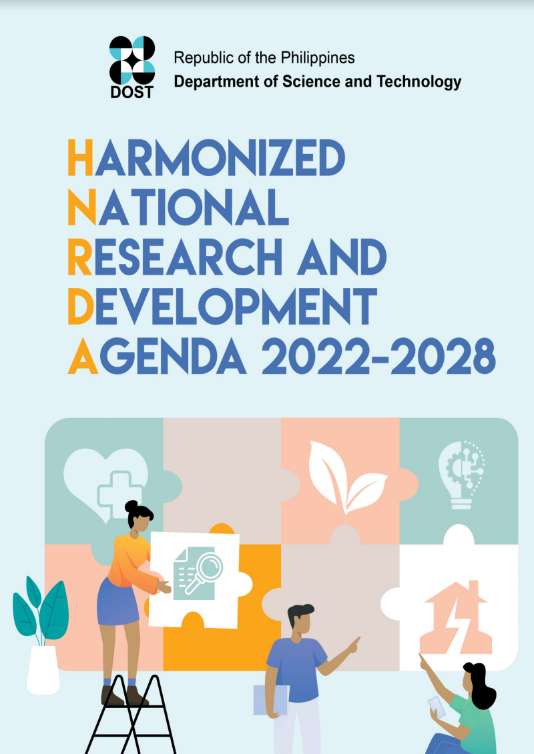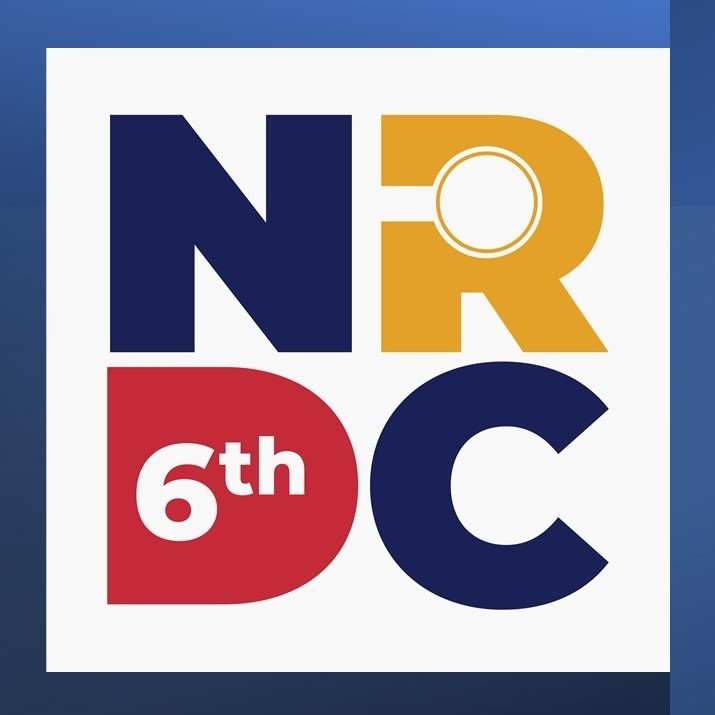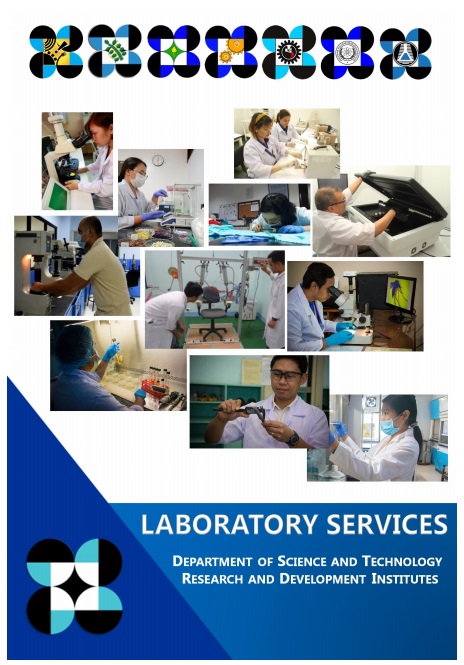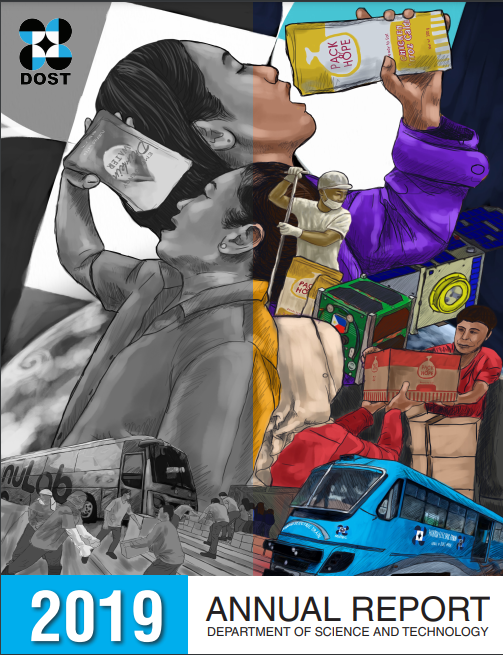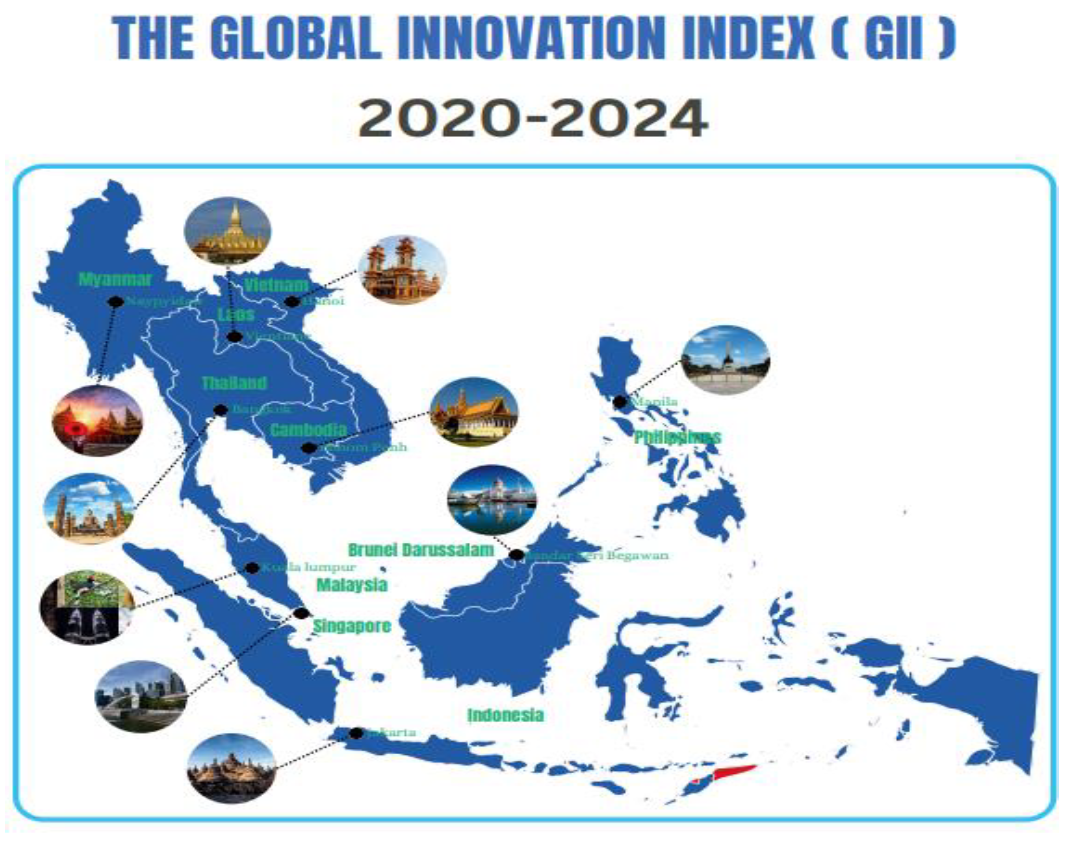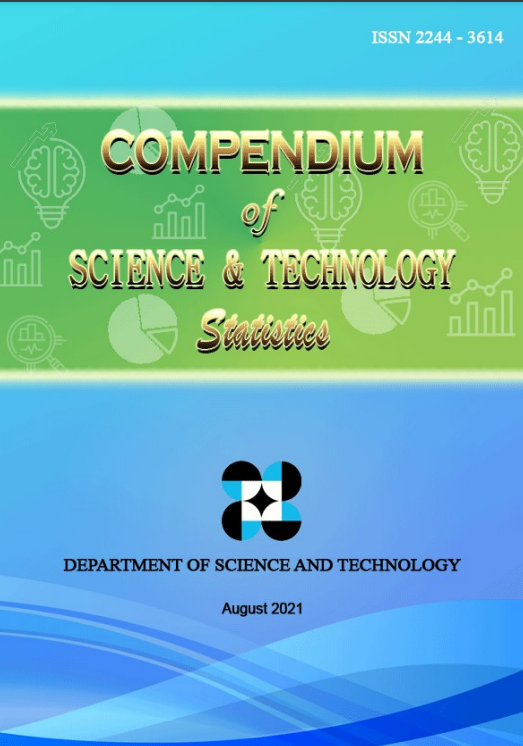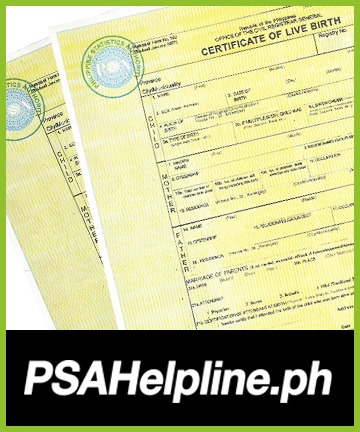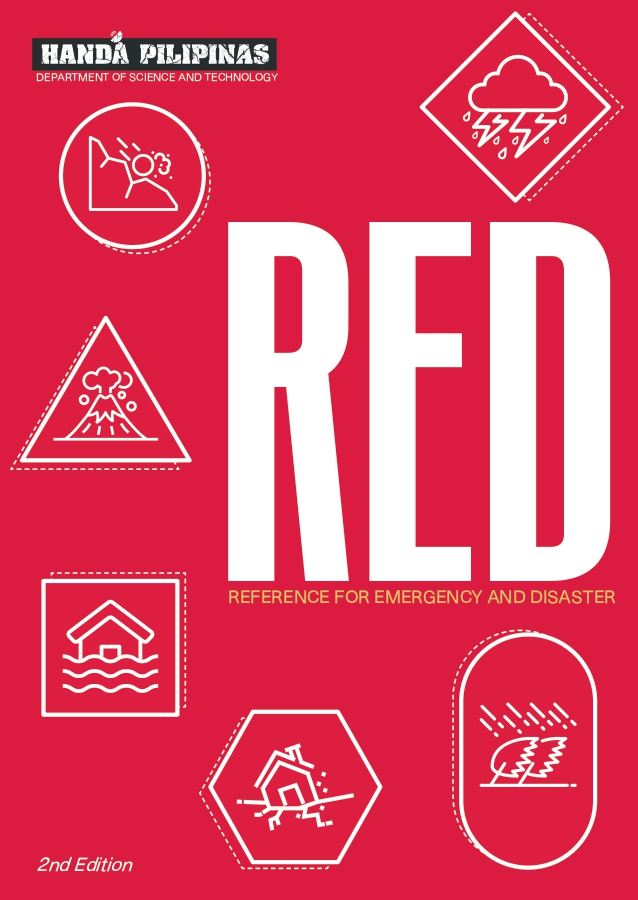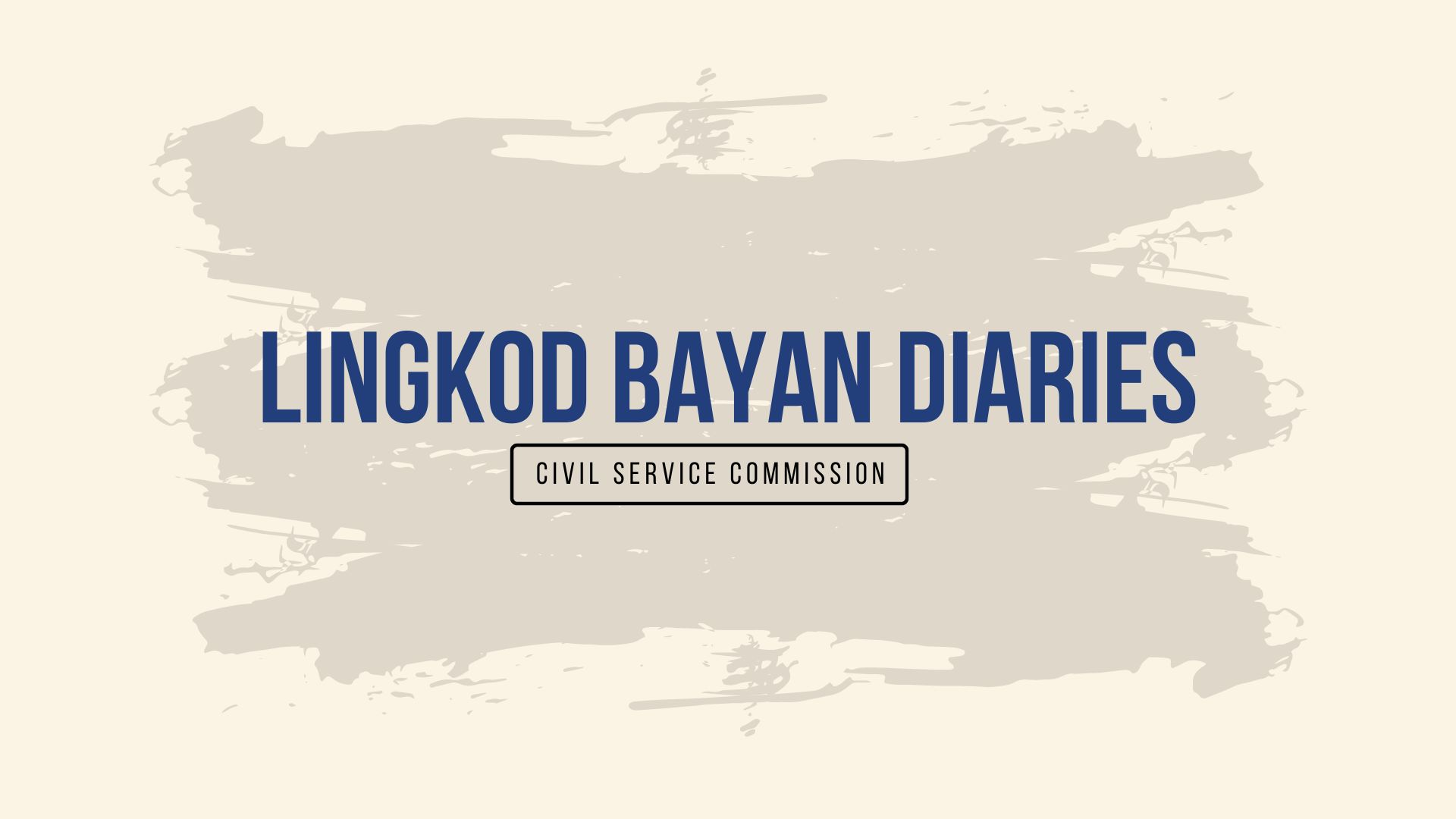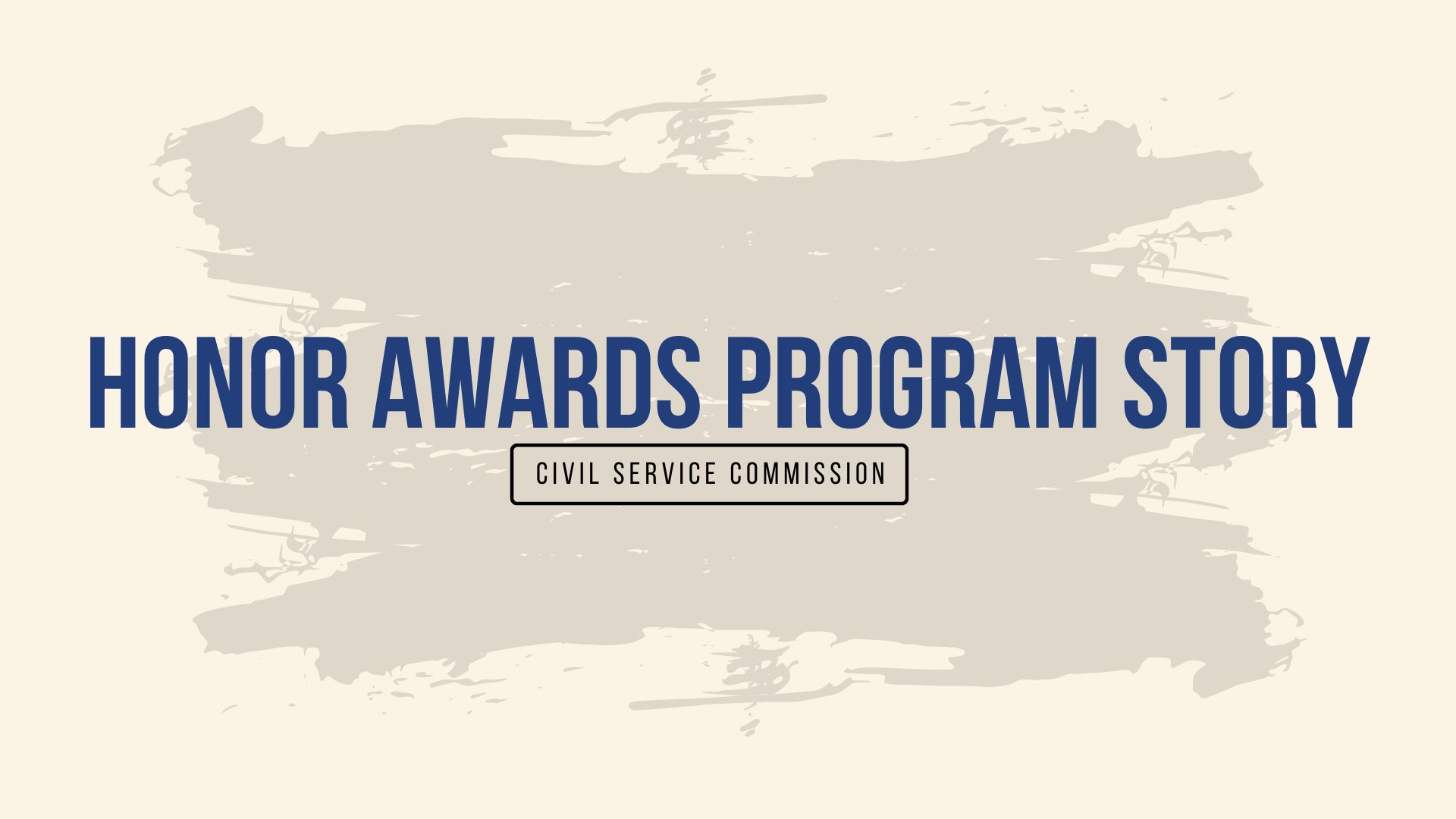DOST’s “smart”a science high school to rise in Koronadal City
- Details
- Hits: 4738
“This will be a smart campus,” so said Science Secretary Mario Montejo on his plans for the Philippine Science High School - Soccsksargen campus during its groundbreaking ceremony at Brgy. Paraiso, Koronadal City on June 22, 2012. The campus is latest PSHS campus to be constructed.
“We’ll make this new campus really unique, not only in curriculum but also in physical structure and design of the buildings and architecture. This campus will stand out,” he added.
The PSHS system, also endearingly called “Pisay,” is under the administration of the Department of Science and Technology. Pisay campuses prepare students for science careers, thus designing their curriculum with science and mathematics in focus but balanced with humanities and the arts.
The newest PSHS will rise on a five-hectare land worth P7.3 million donated by the South Cotabato province. The campus will comprise academic buildings, research and laboratory facilities, dormitory, and other facilities to complete the learning experience of students.
“Hindi po kayo manghihinayang sa budget na ibibigay nyo,” Dr. Josette Biyo, executive director of the PSHS system, said. “We promise to give your kids the best education.”
Earlier, Sec. Montejo reported that PSHS students from the Western Visayas campus bagged the grand champion title in the ASEAN+3 Junior Science Odyssey held June 10-17, 2012 in Brunei Darusallam. Meanwhile, while another set of PSHS students from the PSHS-Central Luzon (Clark) students won four silver and one bronze medals in the same tilt, bringing a total of 12 medals for the Philippine team.
“This just proves that PSHS students are world class,” said Sec. Montejo.

Philippine Science High School- Soccsksargen groundbreaking. Science Sec. Mario Montejo, DOST-12 Director Zenaida Laidan, Gov. Arthur Pingoy, PSHS System Executive Director Josette Biyo, and Koronadal Mayor Peter Miguel show their unified support to the establishment of the PSHS- Soccsksargen by laying the capsule and sealing the landmark for the future site of the so-called “smart campus” in Mindanao. (Framelia V. Anonas, S&T Media Service)
Read more: DOST’s “smart”a science high school to rise in Koronadal City
DOST Opens Applications for PhD Scholarship Grant in Japan
- Details
- Hits: 4935
The Department of Science and Technology (DOST) invites researchers from colleges, universities and research institutions in the Philippines to apply for a scholarship grant to obtain their Ph.D. degrees in Japan through the 2013 RONPAKU (Dissertation, Ph.D.) Program being offered by the Japan Society for the Promotion of Science (JSPS).
The JSPS RONPAKU (Dissertation, Ph.D.) Program provides tutorial and financial support to promising researchers in Asia and Africa, who wish to get their Ph.D. degrees from Japanese universities through the submission of a dissertation without matriculating a doctoral course. Eligible fields include humanities, social sciences and natural sciences. This is being offered to Filipinos in accordance with the mutual agreement between the DOST and JSPS for international scientific collaboration signed on 23 March 2004.
To qualify, Filipino applicants must be a researcher: 1) who has not obtained a PhD degree from a university; 2) who wishes to obtain a Ph.D. degree from a Japanese university through the submission of a dissertation; 3) has already achieved substantial research results in his/her field, and is likely through dissertation research under the Program that he/she will successfully obtain a Ph.D. degree; 4) is employed full time in a university or research institution in the Philippines, or will likely be appointed to such position by 01 April 2013; 5) is 45 years old or younger as of 01 April 2013; and 6) is recommended by the DOST.
Grantees, called RONPAKU fellows, will be required to conduct their dissertation research in Japan. They are allowed to visit Japan and are expected to complete their Ph.D. degrees within a maximum period of THREE (3) years. The research will be conducted under the supervision of a Japanese advisor, who when deemed necessary, visits the Philippines to supervise the fellow’s research, together with their home (Filipino) advisors. In searching for a prospective Japanese advisor, DOST and JSPS are not in the position to introduce prospective Japanese advisors to applicants. The applicant should use his/her faculty’s or organization’s international network, academic societies or other means to find a prospective Japanese advisor. The applicant should work closely with his/her prospective Japanese advisor and know the deadline of his/her prospective university in submitting RONPAKU applications to JSPS in Japan.
Applicants should submit to DOST by mail and email at This email address is being protected from spambots. You need JavaScript enabled to view it. or This email address is being protected from spambots. You need JavaScript enabled to view it. the following on or before 24 August 2012: 1) Copy of the accomplished JSPS Form 2; 2) Copy of the accomplished JSPS Form 3; 3) Updated CV with photo highlighting publications; and 4) Letter of intent to DOST c/o ENGR. MA. LOURDES P. ORIJOLA, Assistant Secretary and Program Director, DOST-JSPS, Rm 206 DOST-Central Office, Department of Science and Technology, Gen. Santos Ave., Bicutan, Taguig City 1631.
Inquiries can be made thru telephone numbers (02) 837-2940 or 837-2071 local 2030. For more information on the JSPS RONPAKU Program, please visit the JSPS website at http://www.jsps.go.jp/english/e-ronpaku/index.html Application forms are available for download below. (DOST-JSPS Secretariat)
2013 Application Guidelines | JSPS Form2 FY 2013 | JSPS Form3 FY 2013 | Proper Use of Competitive Funds as of June 2012
DOST Calls for Scientific Research Proposals
- Details
- Hits: 4115
The Department of Science and Technology invites all Filipino researchers, scientists from local universities and research institutions to submit research proposals for 3-year funding under the Joint Research Program (JRP) for Fiscal Year 2013 of the Department of Science and Technology – Japan Society for the Promotion of Science Joint Scientific Cooperation Program.
Filipino researchers will be required to establish or have existing collaborations with Japanese Researchers in their proposals to be evaluated based on the DOST Grants-in-Aid Program guidelines and priority areas viz. health, nutrition and environment; climate change; emerging technologies viz. biotechnology, nanotechnology, genomics, advanced food production technology, and advanced manufacturing technology. Proposals from Japanese researchers will be evaluated by the JSPS based on a separate set of priorities and guidelines. The DOST and the JSPS will select one joint project for 2013.
The Joint Research Program is a bilateral exchange program jointly conducted by Filipino and Japanese researchers in accordance with their mutual agreement on international scientific collaboration signed in 23 March 2004. It is open to Filipino and Japanese researchers in universities or research institutions based on the principle of equal partnership. It aims to cope with highly productive research on all scientific fields.
Proposals must be addressed to ENGR. MA. LOURDES P. ORIJOLA, Assistant Secretary and Program Director, DOST-JSPS, Rm 206 DOST-Central Office, Department of Science and Technology, Gen. Santos Ave., Bicutan, Taguig City 1631 and submitted by email at This email address is being protected from spambots. You need JavaScript enabled to view it. or This email address is being protected from spambots. You need JavaScript enabled to view it. not later than July 30, 2012. Inquiries can be made thru telephone numbers (02) 837-2940 or 837-2071 local 2030. Application forms are available for download below. (DOST-JSPS Secretariat)
Call For Research Proposals | JRP Form | DOST-GIA Form
DOST to launch nationwide disaster mitigation program
- Details
- Hits: 6184
The Department of Science and Technology is set to put into place a nationwide disaster mitigation system that will help key agencies and personalities make informed decisions to save lives and properties.
Called NOAH or the National Operational Assessment of Hazards and Risks, the program is designed to serve as sentinel that will address the serious challenges brought by extreme hazard events.
“The NOAH Project will enable the government to address the serious challenges brought by extreme hazard events,” DOST Secretary Mario Montejo said. “We will apply advanced S&T tools, such as enhanced vulnerability maps and a shortened six-hour monitoring and warning system for communication along the major river basins.”
NOAH will have seven components that will address major needs in various disaster situations. These include Hydromet sensors development, DREAM-Lidar, FloodNET, Hazards information media, Landslide hazards mapping, Doppler system development, and Storm surge inundation mapping.
With the DOST on the lead, NOAH brings together experts from 21 institutions in close collaboration, including DOST’s PAGASA, PHIVOLCS, Advanced Science and technology Institute, and Science and Technology Information Institute; Department of Interior and Local Government; University of the Philippines National Institute of Geological Sciences and Department and College of Geodetic Engineering; Smart Communications, Sun Cellular, and Globe Telecommunications.
In a country frequently visited by typhoons, tsunamis, earthquakes and volcanic eruptions, some of them highly-destructive, the NOAH project comes as helpful as Noah’s ark in biblical times. Natural hazards inflict loss of lives and costly damage to property, with economic losses amounting to billions of pesos each year. Moreover, the continued development in the lowlands and the rapid growth of the population contribute to the damage to infrastructure and human losses.
“This project is so far the most advanced measure implemented by the government in disaster mitigation,” added Sec. Montejo. (Framelia V. Anonas, S&T Media Service)













